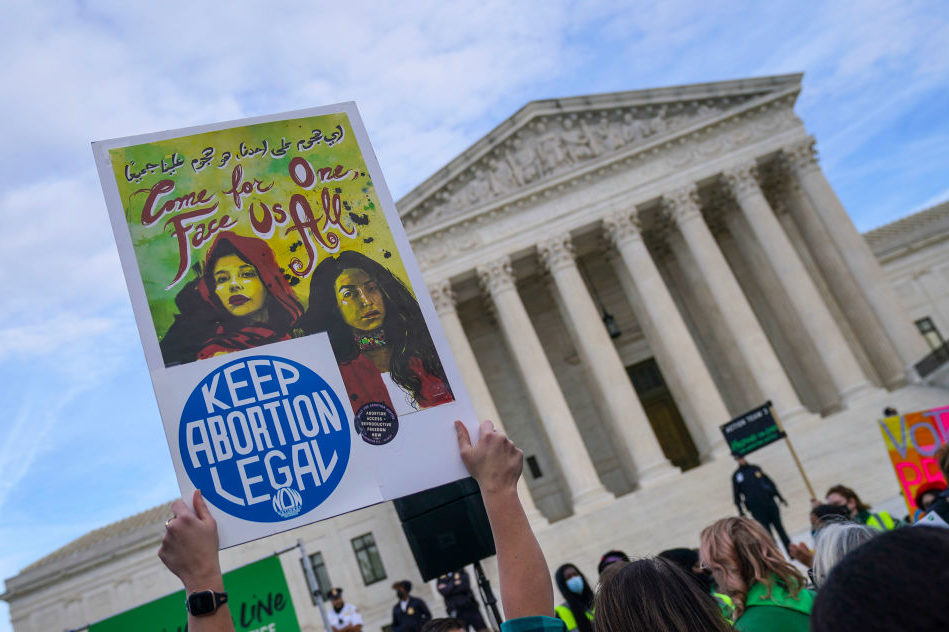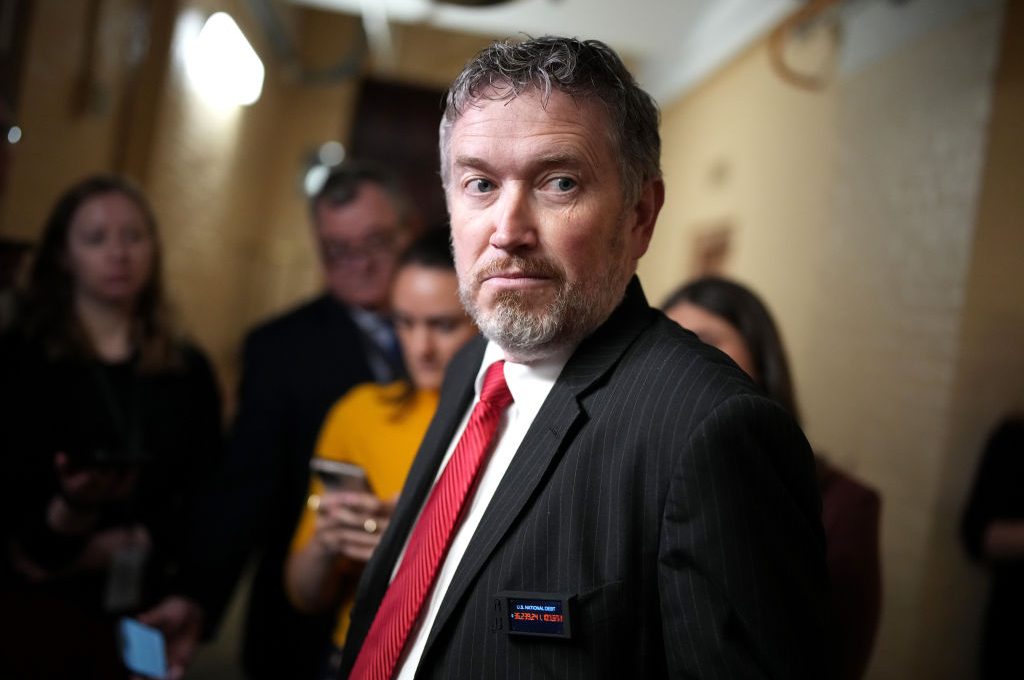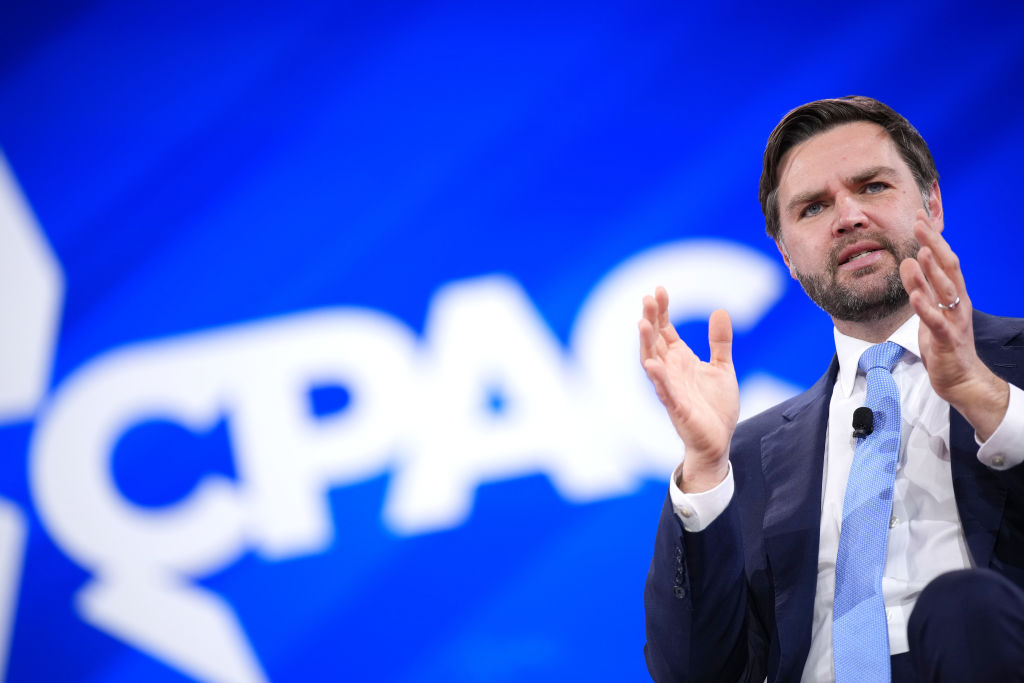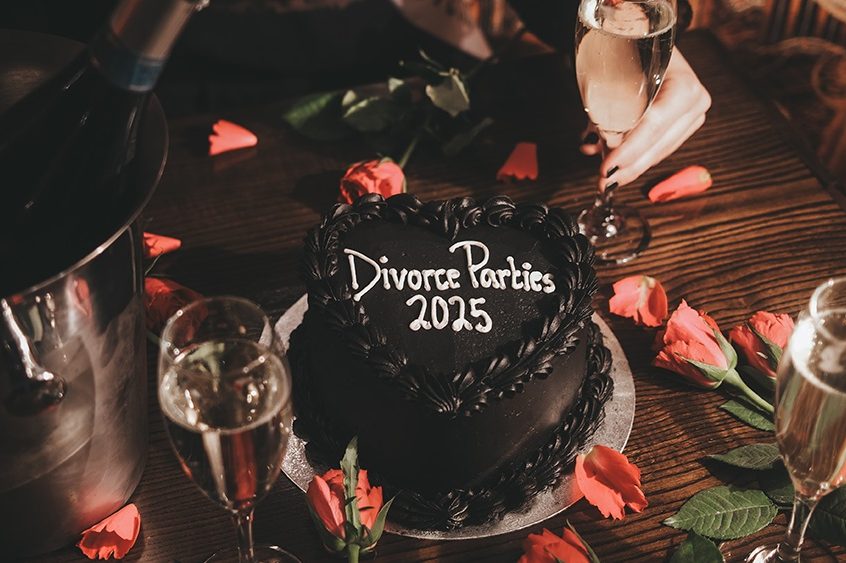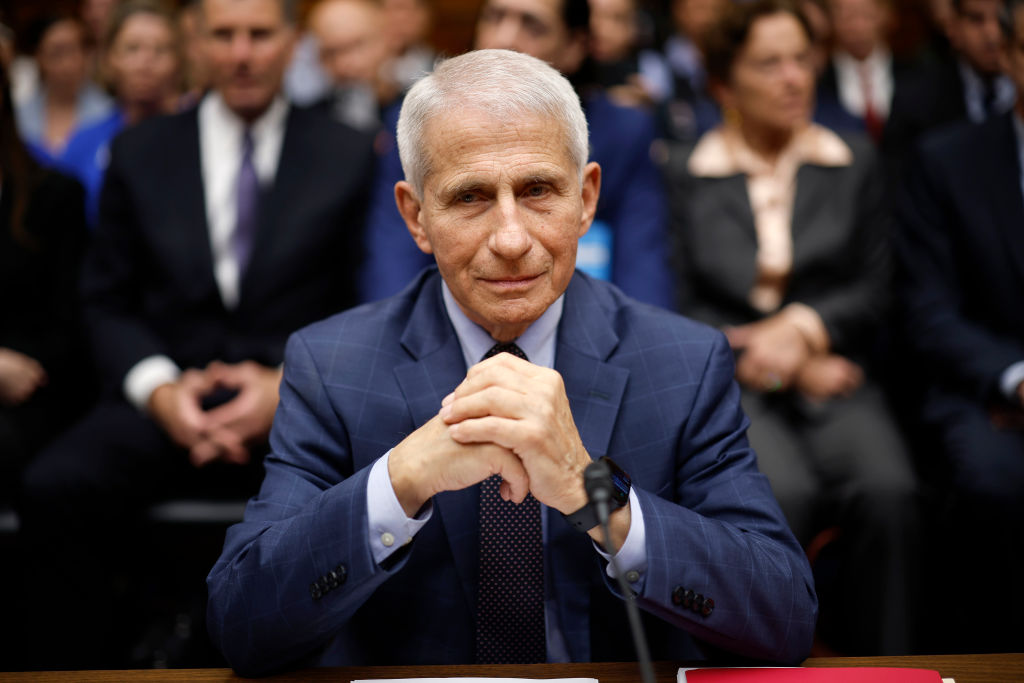Something felt off about Mother’s Day this year.
For one weekend every May, we post social media tributes and bow to marketing campaigns thanking our moms, letting them know they’ve given us something that can never be repaid.
But that same weekend, the national news cycle was caught up in the drama — and the fear — generated by the mysterious leak less than a week earlier of a draft majority opinion written by Supreme Court Justice Samuel Alito that would overturn Roe v. Wade and return the issue of legal abortion to the states. By that Sunday, we’d seen maternity clinics and Catholic churches vandalized, protests in front of the homes of Supreme Court justices, and ominous warnings from the mainstream press explaining what women stand to lose if Roe falls.
The same country celebrating the women who carried, fed, and cared for us at our most vulnerable was also witnessing the most unabashed popular manifestation of anti-motherhood sentiment in public memory.
The specter of most abortions suddenly becoming illegal in several states, the pro-choice side has warned, poses a catastrophic threat to our country. The message is clear: something big is about to be taken from us, and we should all be afraid.
It’s that fear of loss, of having something valuable taken, that has come to characterize our national conversation.
When Covid-19 brought most of the world to a halt two years ago, an unexpected “taking” took place on a globalized scale. The pandemic took the lives of friends and relatives, especially older ones, as well as the ability to properly mourn their losses with other people. It took social lives, replacing them (for a thankfully brief time) with Zoom drinking sessions and socially distanced dates. It took the ability to visit our elders and give them the human contact they craved most. In some parts of the world, it even temporarily claimed the freedom to leave one’s home and go for a walk. Remember that?
But in the time it’s taken for the pandemic to gradually recede and society to return to normality, there’s been plenty of other fear and taking, too. The wealthy and poor alike worry about what surging inflation will take from their futures. A growing movement of parents are afraid of what gender theory and identity politics in classroom curricula will take from their children. Others fear that the decision to have children at all will further endanger a strained, overpopulated planet.
Most recently, the promises of the world’s richest man to lift the shackles of censorship and restore the supposed ideals of free speech to Twitter has provoked an outpouring of fear and indignation from the supposed enemies of disinformation.
What is painfully clear is that in this time of deep change, we are afraid, and, perhaps even worse, we have gotten used to feeling perpetually under siege. Seemingly every decision to be made about the future — from having babies to saving for retirement — now carries an added layer of risk.
“The world as we knew it is not coming back, and it’s entirely reasonable that we may find ourselves plagued with a general restlessness,” declared a Buzzfeed analysis earlier this year, arguing that, especially for younger generations accustomed to a sense of global stability, what’s currently underway is something more permanent than a supposed “vibe shift.”
Perhaps nothing embodies this era of fear better than our growing dependence on abortion — and the tactics at work to preserve and even codify Roe into law. Aborting a child is fundamentally an act of fear: fear of responsibility, fear of a future with less money and personal time.
It’s no surprise, then, that in such a climate, pro-choice politicians like Congresswoman Katie Porter of California have gone so far as to hail abortion as an answer to our current economic woes. A hardship like inflation, Porter said a recent cable news interview, “is exactly why people need to be in charge of how many mouths they are going to have to feed.”
That may sound like a far cry from the “safe, legal, and rare” mantra that pro-choicers once espoused, but it’s the kind of cold logic that befits a society under siege. Consider, for example, that while we’re experiencing a nationwide shortage of baby formula threatening newborn lives, politicians in Washington are fighting desperately to expand the ability to end pre-born ones.
Perhaps it’s not reasonable to expect activists and politicians to budge from their deeply held beliefs. But when it comes having a rational debate about abortion, a good place to start would be to recognize that fear often makes us do — and say — some scary things.



